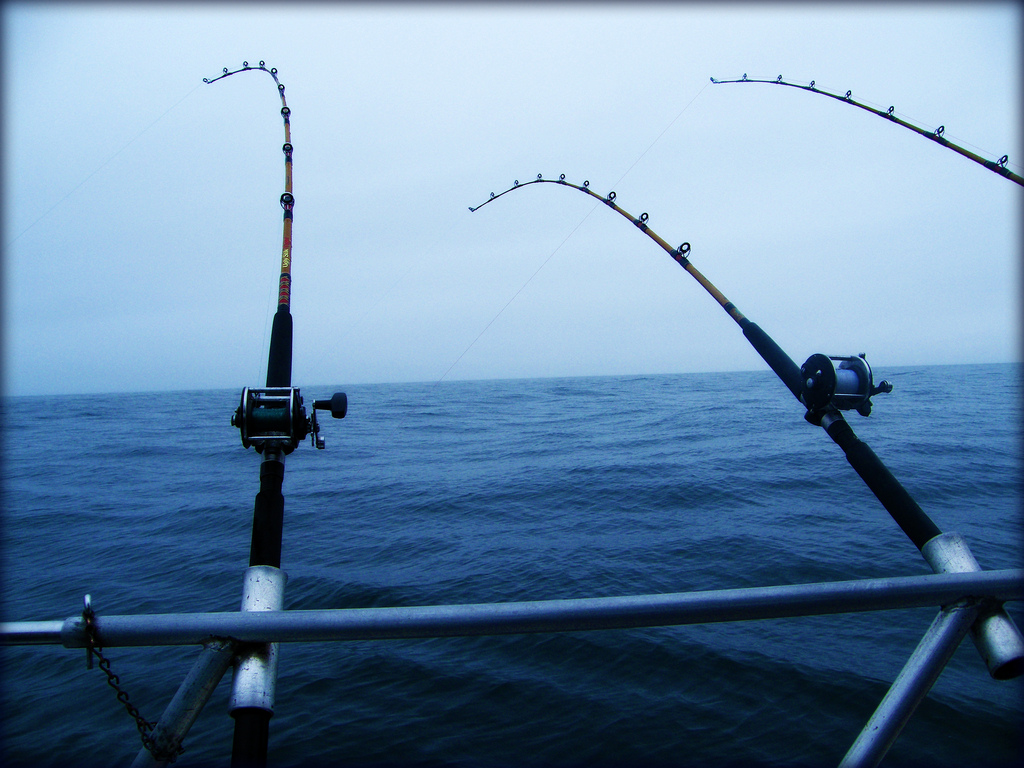Are you looking for an activity to help ease mental health issues? You might want to give recreational fishing a try.
Fishing has been touted as an activity that can help reduce stress, allow one to enjoy the outdoors and also boost mood and self-esteem. That is in addition to the physical benefits of the activity.
In a new study, a team of researchers conducted a survey on 1,900 U.K. adults, Anglia Ruskin University (ARU) noted in a news release.
They found “significantly fewer” people who participated in recreational fishing had anxiety disorder, attempted suicide or engaged in self-harm compared to those who don’t fish. This suggests that recreational fishing may be beneficial for people who are experiencing “serious” mental health issues.
“We have been told on numerous occasions by our service users that if it were not for the fishing sessions, they don’t think they’d be alive today,” David Lyons, the founder of angling organization Tackling Minds, said in the news release. “To now have scientific evidence to back up what we’ve been saying all along, is unbelievable, to say the least.”
Tackling Minds successfully campaigned for angling to be recognized as a “social prescribing activity” on the National Health Service (NHS) last year, according to ARU. This means the use of a non-medical intervention for a health problem.
“(E)ncouraging participation in fishing could be a good dual-method strategy for both promoting relaxation and good mental health as well as encouraging increased levels of physical activity within those with mental health issues such as anxiety disorder,” added Lee Smith, a professor at ARU.
This could be beneficial for many as fishing is a relatively more accessible activity compared to other outdoor sports. In another ARU study, published earlier this year in the International Journal of Environmental Research and Public Health, researchers found that people with disabilities showed similar participation levels and “motivations” for fishing as others.
And even though they faced some “barriers” such as cost, lack of transport and “having no one to go with them,” fishing is still quite an accessible sport.
“Such findings suggests that fishing could be a more feasible and acceptable ‘green prescription’ for older men with disabilities in comparison to other outdoor physical activity,” the researchers wrote at the time. “The challenge of fishing and the relaxation benefits should be emphasized to encourage greater uptake of fishing.”
















